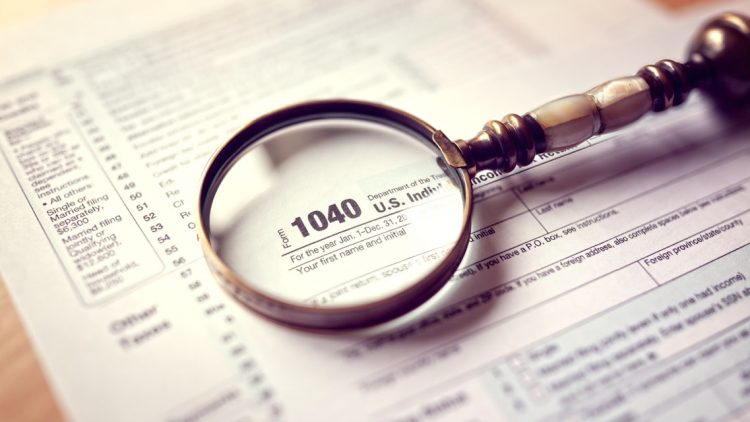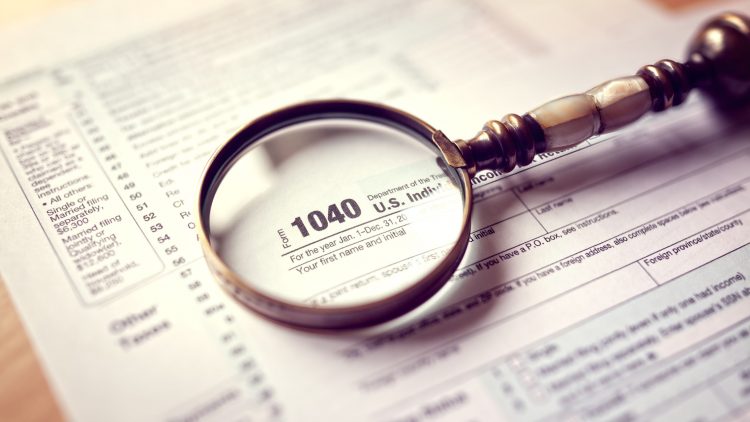Paying Your IRS Taxes Online
If you are a qualified taxpayer or authorized representative (Power of Attorney) you can apply for a payment plan (including installment agreement) online to pay off your balance over time. Read on to learn more. You can a payment plan at: https://www.irs.gov/payments/online-payment-agreement-application
Qualification
Your specific tax situation will determine which payment options are available to you. Payment options include full payment, a short-term payment plan (paying in 120 days or less) or a long-term payment plan (installment agreement) (paying monthly).
You may qualify to apply online if:
- Long-term payment plan (installment agreement): You owe $50,000 or less in combined tax, penalties and interest, and filed all required returns.
- Short-term payment plan: You owe less than $100,000 in combined tax, penalties and interest.
If you are a sole proprietor or independent contractor, apply for a payment plan as an individual.
Note: Setup fees may be higher if you apply for a payment plan by phone, mail, or in-person. Get more information on other payment plan options and fees.
Payment Plan Applications
- Name exactly as it appears on your most recently filed tax return
- Valid e-mail address
- Address from most recently filed tax return
- Date of birth
- Filing status
- Your Social Security Number or Individual Tax ID Number (ITIN)
- Based on the type of agreement requested, you may also need the balance due amount
- To confirm your identity, you will need:
- financial account number or
- mobile phone registered in your name or
- activation code received by postal mail (takes 5 to 10 business days)
- If you previously registered for an Online Payment Agreement, Get Transcript, or any Identity Protection PIN (IP PIN), you should log in with the same user ID and password. You will need to confirm your identity by providing the additional information listed above if you haven’t already done so.
Costs
Pay Now
Pay amount owed in full today directly from your checking or savings account (Direct Pay) or by check, money order or debit/credit card. |
Short-term Payment Plan (120 days or less)
After applying for a short-term payment plan, you can pay the amount owed directly from your checking or savings account (Direct Pay) or by check, money order or debit/credit card. |
Long-term Payment Plan (Installment Agreement) (Pay monthly)Pay monthly through automatic withdrawals
Pay amount owed through Direct Debit (automatic payments from your checking account), also known as a Direct Debit Installment Agreement (DDIA). This is required if your balance is more than $25,000.
After applying for a long-term payment plan, pay amount owed through non-Direct Debit (not automated) monthly payments, including payments directly from your checking or savings account (Direct Pay) or by check, money order or debit/credit card. |
Revise an Existing Payment Plan (Installment Agreement) or Reinstate After Default
|
Tax Settlement in Mesa, Arizona
If you need IRS Debt Help, Tax Debt Settlements or Tax Debt Advising in Phoenix, Mesa or anywhere else, Tax Debt Advisors can help! Give us a call at 480-926-9300 or fill out our contact form for a free consultation.





